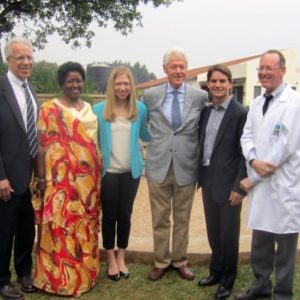One of the easiest and most effective ways to help cancer patients is to give blood. There is a constant need for donations, but especially so in the summer when people are on vacation and unable to donate. One pint of blood can save up to two lives, and one platelet donation can save up to three.
7 Tips to Remember When Visiting Cancer Patients
When we are sick, the kindness of others carries us through. Visits from those we love provide comfort and a hand to hold. But for Cindy Hale, healing meant limiting contact with family and friends. Hale underwent an allogeneic stem cell transplant in 2002, leaving her immunocompromised – with a weakened immune system. Cancer patients in … Read more


 mes meant entering meant entering a cold, synthetic setting. But the tide is changing. A growing body of research indicates that creating what’s commonly called a “healing environment” – with features such as calming music, garden areas, artwork, and access to natural light – can lead to better patient outcomes.
mes meant entering meant entering a cold, synthetic setting. But the tide is changing. A growing body of research indicates that creating what’s commonly called a “healing environment” – with features such as calming music, garden areas, artwork, and access to natural light – can lead to better patient outcomes.